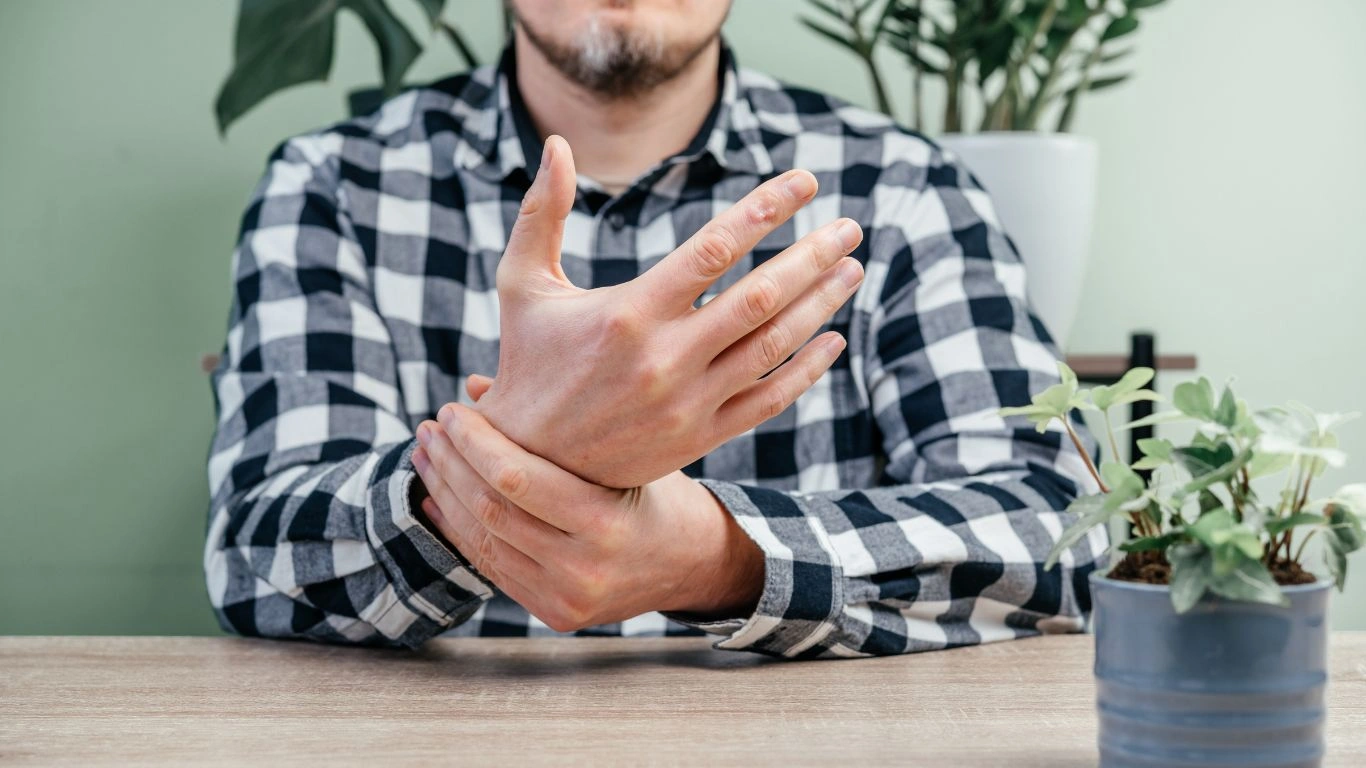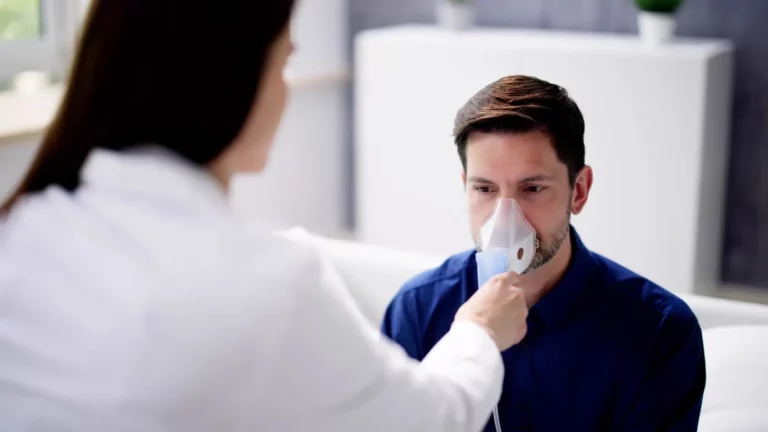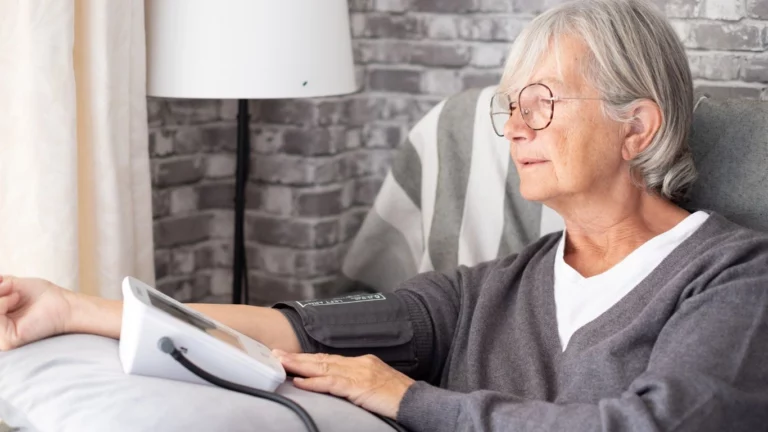How Rheumatoid Arthritis Affects Your Social Life: What You Need to Know
Wondering how rheumatoid arthritis (RA) can impact your social life? Well, you’re not alone! It’s a tricky condition that not only affects your joints but can also take a serious toll on your interactions with others, your friendships, and even your ability to just go out and have fun. In this post, we’re diving into how RA affects socializing and what you can do about it. Let’s get real about it.
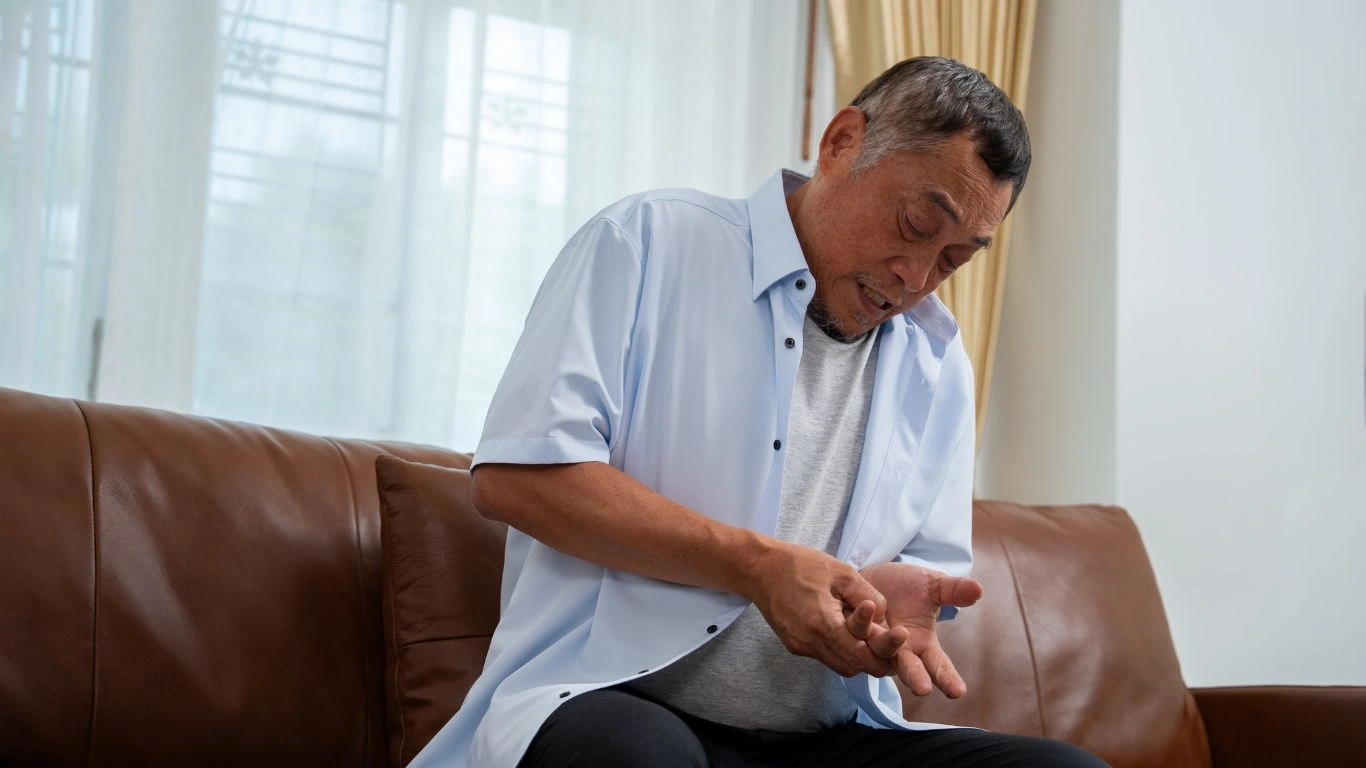
Why RA Can Be a Social Struggle
If you’ve been diagnosed with RA, you probably already know that it’s not just the pain and stiffness in your joints that you have to deal with. The condition can also mess with your mental and emotional well-being, and as a result, it often affects how you interact with people. RA is a chronic illness, meaning it’s always there, even if you don’t see it. And it can make everyday activities, like hanging out with friends or going out to eat, a lot more difficult. Let’s break it down.
Physical Limitations and How They Impact Socializing
The biggest way RA affects your social life is through physical limitations. Swollen, painful joints can make simple tasks—like walking to the car, holding a drink, or even shaking hands—feel like monumental efforts. And let’s be honest, when you’re in pain or feeling exhausted, the last thing you want to do is go out and be social. A lot of people with RA find that they need to take breaks or rest more often than they’d like to, and this can interrupt social events. If you’re at a party or a gathering, you might need to sit down or step away, which can make you feel a little out of place. Or, you might just choose to stay home instead of going out, which can lead to feelings of isolation.
Mental and Emotional Impact
Living with a chronic condition like RA can take a toll on your mental health too. The constant pain, fatigue, and limitations can leave you feeling down, anxious, or even depressed. And, if you’re feeling mentally drained, the idea of socializing can be overwhelming. Sometimes, you may start withdrawing from your social circle simply because it feels easier than explaining your condition over and over again. This can lead to social isolation, where you feel disconnected from the people around you. It’s like you’re going through the motions of life, but you’re not really fully there.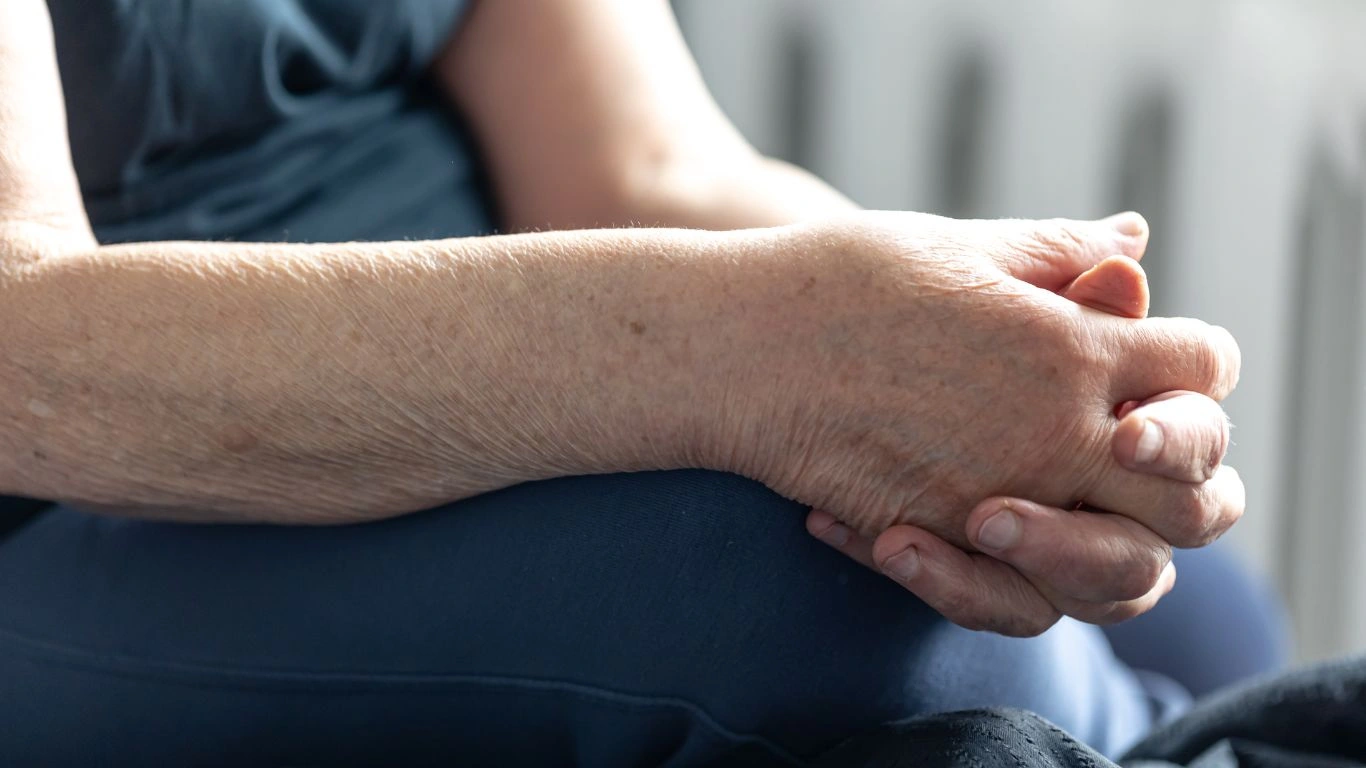
Relationships: RA and Your Loved Ones
Let’s not forget the impact RA has on your relationships. Whether it’s with family, friends, or a significant other, chronic illness can create a lot of tension. The fact that you can’t always join in on activities or you need extra support can put a strain on even the closest relationships. It can be tough on your friends or family members too. They may not always understand why you need rest or why you can’t go out as often as you used to. Communication is key here. Letting your loved ones know how RA affects you and what you need can help build a support system that works for everyone. And if you’re in a relationship, being open with your partner about how RA impacts your life can create more understanding and less frustration.
Feeling Left Out
Ever been to a social gathering and felt like you’re just not part of the group? That’s a pretty common feeling for those with RA. You might be at a party, but because of the pain, exhaustion, or just feeling like you can’t keep up, you end up feeling left out. It can be frustrating to watch others having fun when you just don’t have the energy to join in. A lot of people with RA experience guilt about canceling plans or not being as active in social situations as they used to be. It’s easy to feel like you’re letting people down, but here’s the thing—people who really care about you will understand. RA is part of your reality, and anyone who’s worth keeping around will respect your boundaries and support your need for rest.
Coping Strategies for Better Social Connections
So, how do you maintain a healthy social life with RA? Here are a few strategies that might help:
1. Be Open About Your Condition
The more people understand what you’re going through, the more they’ll be able to support you. You don’t have to explain your entire medical history, but letting people know when you’re feeling off or when you can’t do something will help them understand you better.
2. Choose Low-Impact Activities
Instead of going on a long hike or attending a loud concert, suggest activities that are less taxing on your body. Dinner with a close friend, a movie night, or a chill afternoon at the park are great alternatives that won’t wear you out. Plus, they still give you the chance to socialize and enjoy time with others.
3. Pace Yourself
If you’re attending a gathering, remember that you don’t have to stay the whole time. It’s okay to show up for an hour, take breaks, or leave early. Listen to your body and don’t feel bad for taking care of yourself. It’s better to leave early than to overdo it and feel wiped out for days afterward.
4. Lean on Technology
If you’re feeling up to it, using technology can help you stay connected without draining yourself physically. A video call, text, or social media post can keep you in the loop with friends and family when you’re not able to meet up in person.
5. Seek Support Groups
Finding others who are going through similar struggles can be incredibly helpful. Support groups (either in person or online) can provide a safe space to share your experiences, vent, and get advice from others who understand. These groups can also offer a sense of belonging when you feel isolated.
Conclusion
Living with rheumatoid arthritis isn’t easy, and it definitely has an impact on your social life. But with the right mindset and some planning, you can still enjoy meaningful connections and maintain your relationships. Whether it’s being open about your needs, choosing activities that are easier on your body, or seeking support from others, there are ways to keep the social side of your life alive. Remember: RA might change how you engage with the world, but it doesn’t have to define you or your relationships. It’s all about adapting and finding a balance that works for you.
Appendices
References
- American College of Rheumatology. (2023). Impact of Rheumatoid Arthritis on Social and Emotional Well-Being. Retrieved from https://www.rheumatology.org/
- National Institute of Arthritis and Musculoskeletal and Skin Diseases (NIAMS). (2024). Social Impacts of Chronic Illness. Retrieved from https://www.niams.nih.gov/
- Chronic Pain Association. (2023). Coping with Chronic Pain and Social Isolation. Retrieved from https://www.chronicpain.org/
FAQs
- How does rheumatoid arthritis affect social relationships? RA can lead to social isolation as pain and fatigue interfere with the ability to participate in social activities. Communication with loved ones and adjusting activities can help maintain social connections.
- Can I still go out to dinner with friends if I have RA? Yes, but choose places with comfortable seating and easy-to-eat meals. Opt for relaxed environments that allow for breaks if needed.
- How can I manage RA-induced fatigue during social events? Pacing yourself, taking breaks, and adjusting expectations can help manage fatigue. You don’t have to stay the entire time—show up, enjoy what you can, and leave when needed.
- What is the best way to stay connected with others when I have RA? Technology, like video calls or social media, helps you stay connected even when you can’t meet in person. Find support groups to share experiences and get advice.
- How do I talk to my loved ones about RA and socializing? Be open and honest about your limitations. Educate them on how RA affects your ability to engage in social activities so they can be supportive.
Disclaimer
The information provided in this article is for informational purposes only and is not intended as medical advice. Always consult with a healthcare provider for advice regarding your specific health needs.

Tarra Nugroho is a dedicated Nurse Practitioner with a strong foundation in family and preventive care. She brings both compassion and clinical expertise to her practice, focusing on patient-centered care and health education. As a contributor to Healthusias.com, Tarra translates medical knowledge into clear, empowering articles on topics like women’s health, chronic disease management, and lifestyle medicine. Her mission is simple: help people feel seen, heard, and informed—both in the clinic and through the content she creates. When she’s not caring for patients, Tarra enjoys weekend hikes, plant-based cooking, and curling up with a good health podcast.

